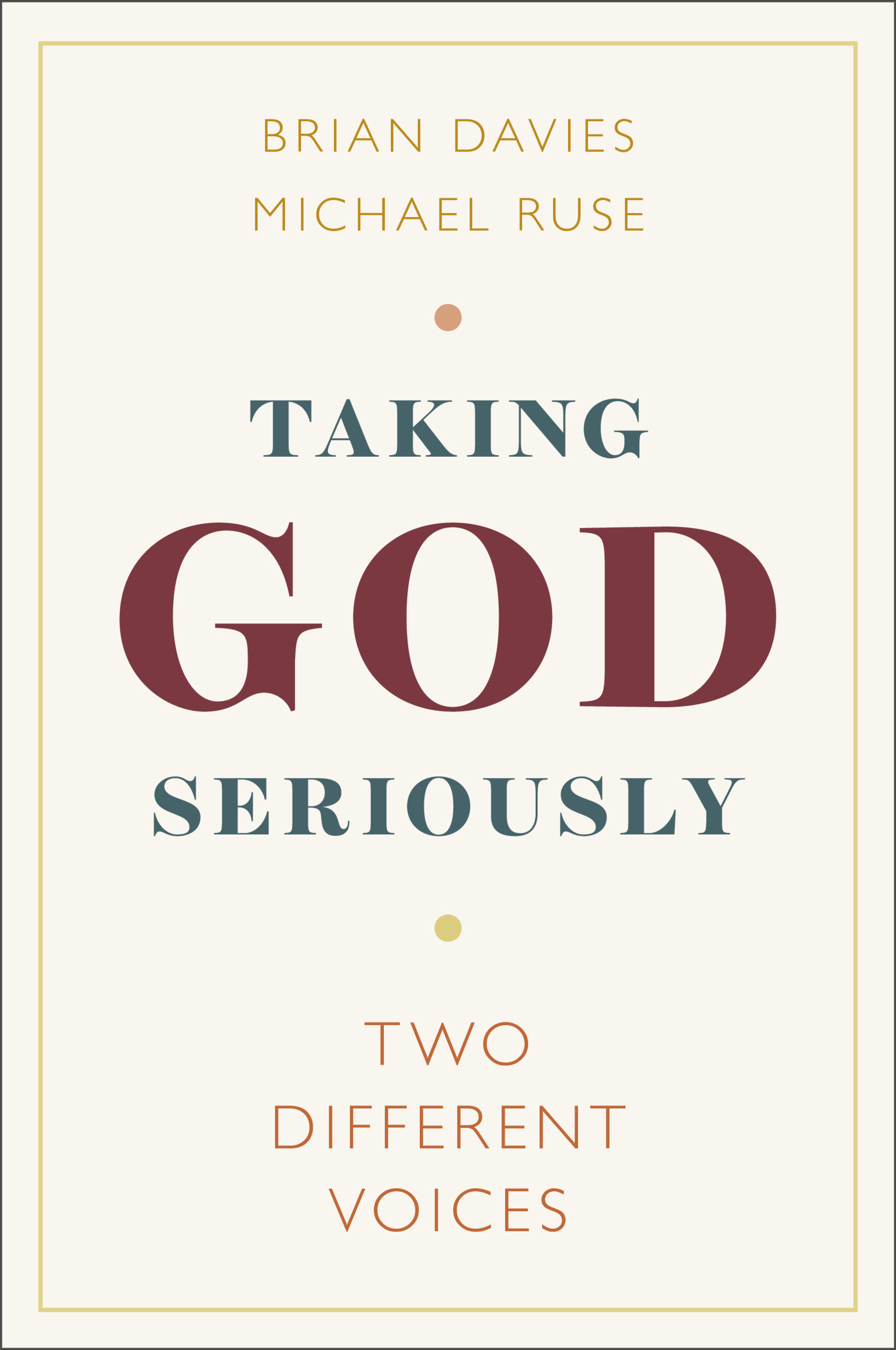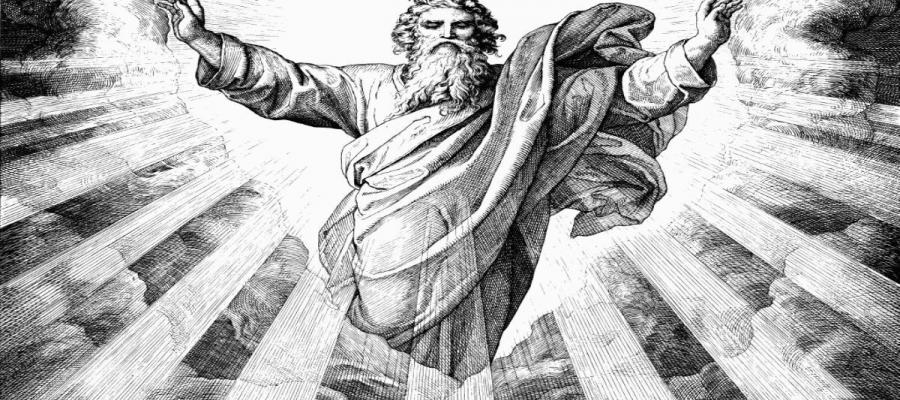

After all God must know all evil actions which will occur well before the individuals who commit them are brought into existence. Indeed,the situation of an omnipotent and benevolent deity is probably more morally unjust.
#Dialogue on good evil and the existence of god anaylisis free
X committed the murder of his own free will, my own inaction is still not morally justified. Y, and although it was within my control to stop the murder, I didn’t then even if Mr. And being benevolent, he should have altered the circumstances so that only good deeds would occur.Īfter all, if I know well in advance that Mr. For even in a world of free willing individuals, an omnipotent God, by virtue of being omnipotent, knows all the consequences of all human actions in advance. This is so because it could be argued that to attribute moral evil to human free will overlooks the thrust of the problem. These evil doers, therefore, should be held responsible for their deeds.īut it is by no means clear that an invocation of free will gets around the problem of evil. The existence of moral evil shows that although God did create man with the ability to distinguish and choose between good and evil, some still choose to perpetuate evil. The fact of moral evil, therefore, (the theist argument would continue), is a sign of moral decadence it does not show that it is irrational to believe in the existence of an omnipotent and benevolent God. Simply put, a theist could invoke freewill as the cause of moral evil. God wanted a world in which the idea of punishment, reward and accountability made sense. It would also imply that humans can never genuinely deliberate on their moral actions.īut – the theist would argue – God did not create man wholly good because He wanted human actions to be up to them. This would amount to determinism because human behaviour would never be up to them. The second formulation, however, is concerned with moral evil only.Ī theist could argue that to claim that God could have created man wholly good is to assert that human actions ought to have a causal antecedent – God’s creative act – given which humans cannot but act for the good.īut if God had created man wholly good, man would be completely helpless in controlling or bringing about his good actions.

The first formulation of the problem of evil takes both moral and natural evil as the facts on the basis of which its argument is constructed. These challenges and responses are drawn from popular attitudes to God and evil.įirst of all, a distinction must be made between natural evil such as volcanic eruptions, earthquakes, etc., on the one hand, and moral evil like murder, theft, etc., on the other hand. Since a commitment to reason implies subjecting our beliefs and ideas to continued critical scrutiny, I will offer some hypothetical responses and challenges to the proponent of the argument from evil.

Augustine have argued that what we call evil is merely a negative phenomena it is a privation of good nothing positive. Some have maintained that there is no evil in the world that evil is illusory. Various attempts have been made to solve this problem. If it can be shown that the alleged contradiction is real, or that God might have created man wholly good, would it not follow that there is no rational basis for the belief in an omnipotent and benevolent God? Would it not follow that the belief in such God is, indeed, positively irrational? These questions at once make it important to address the problem. The problem of evil poses a question of rationality. Since there is evil in the world, can we infer either that God does not exist, or that He exists without being both omnipotent and benevolent? For if one believes in the existence of an omnipotent and benevolent God, the question can be asked why didn’t God create man wholly good? After all, if God is both omnipotent and benevolent, He must be both willing and able to create man wholly good. The problem can, however, be differently formulated. The problem of evil, when stated like this, arises for believers if and only if they affirm that God is wholly good and all powerful at the same time. There seems to be some contradiction between these three propositions, so that if any two of them were true, the third would be false. …God is omnipotent: God is wholly good, and yet evil exists. One of the principal challenges to the belief in God is the problem of evil. SUBSCRIBE NOW Articles God and Evil If God is such a nice guy, why is there so much misery and suffering in the world? Kola Abimbola examines an ancient problem.


 0 kommentar(er)
0 kommentar(er)
